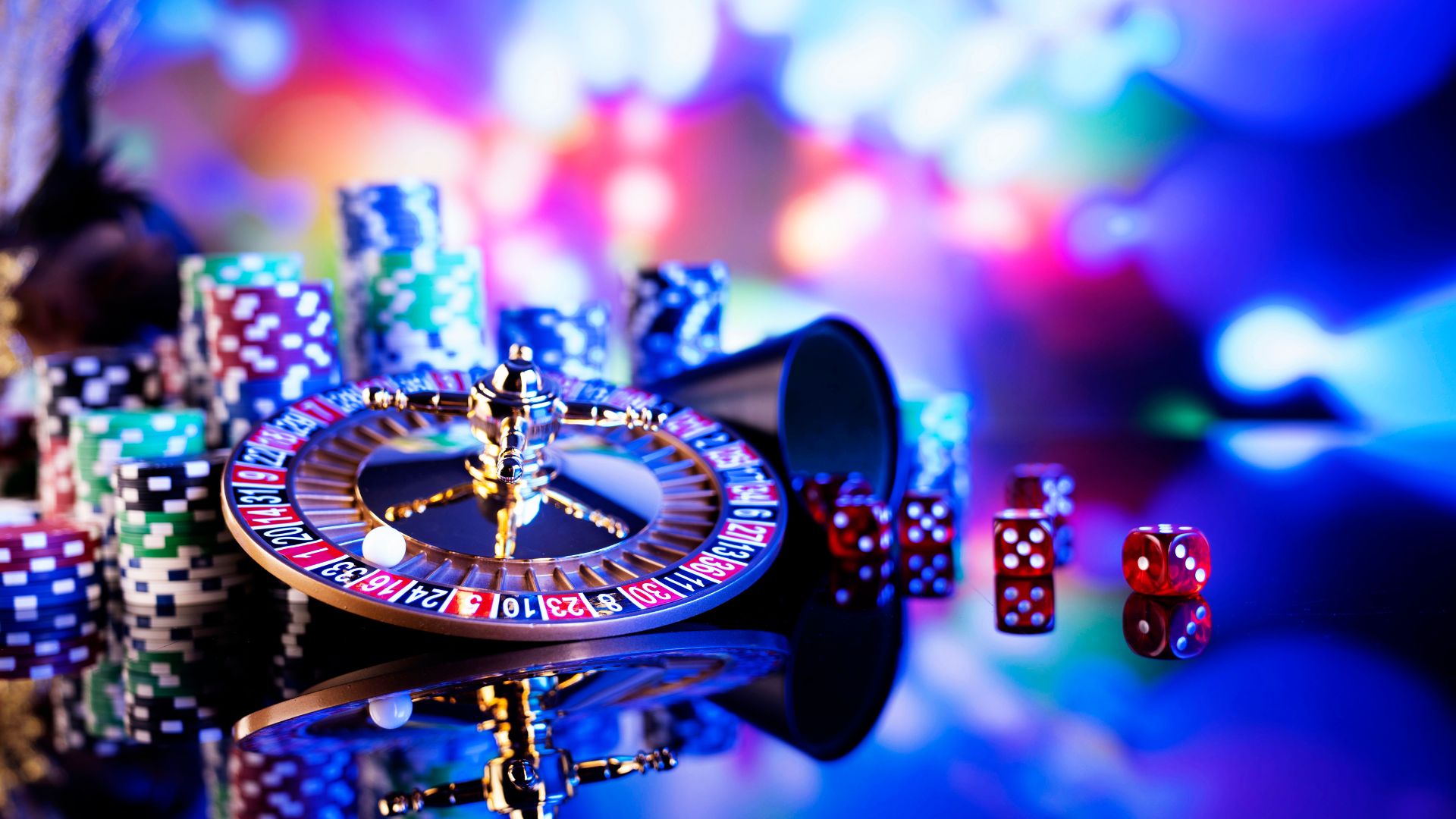In what way Gaming Experiences Reflect our Humanity's Journey

Casino games have long been an integral part of human culture, offering not just entertainment but a fascinating reflection of our aspirations, wishes, and anxieties. From the rotating wheels of a slot machine to the tactical play of poker, these games encapsulate a range of human sentiments and events. 8OK At their core, casino games are not just a chance to make profits; they are a microcosm of life itself, where risk versus reward converge and fortunes can change in an moment.
As players gather around tables or sit in front of glowing machines, they take part in a ceremony that transcends mere betting. These games reflect our instinctive desires for relationships, excitement, and the pursuit of luck. They also reveal deeper truths about human behavior, such as our relationship with fate and the excitement of risk. In exploring casino games, we discover not only the rules of play but also the intricate pattern of the human journey, showcasing our woven narratives of hope and reality.
The Mind Behind Gambling
Wagering is deeply rooted in the psyche of individuals, appealing to various feelings and desires. The thrill of risk-taking is a fundamental aspect that draws players in, whether the excitement of spinning a roulette or the anticipation of drawing a winning card in a poker game. This rush of adrenaline is often compared to other forms of excitement, as the unpredictability of outcomes triggers a unique psychological response. Gamblers often find themselves captivated by the chance of winning big, leading to an irresistible draw toward gambling games.
Additionally, a crucial component of the psychology behind gambling is the concept of optimism and ambition. Participants often indulge in fantasies of financial freedom and the luxurious lifestyle that can accompany winning. This optimism fuels their ongoing participation in casino games, as it provides a sense of meaning and the belief that a life-changing win could be just one wager away. The story of overcoming odds and finding success resonates with many, strengthening their dedication to play and engage with these games.
Finally, social aspects play a significant role in gambling psychology. Casino environments are designed to promote social interaction, where players gather to share the journey of wins and losses. This communal aspect not only amplifies enjoyment but also affects behavior, as individuals often mimic the actions of others in their vicinity. The collective approval found in mutual thrill can enhance the emotional experience, making casino games a mirror of not just personal desires but also shared involvement within the gaming community.
### Risk and Reward: A Double-Edged Sword
Gambling activities embody the fragile balance between risk and gain that resonates deeply with human psychology. The thrill of placing a wager is often accompanied by a rush of adrenaline, as participants are confronted with the chance of winning big, yet conscious of the risk to lose. This bipartisan experience reflects a essential aspect of life: the choices we make often come with intrinsic risks, and the quest for benefit can drive us to make risky moves we might not typically consider. In this way, casino games echo real-world choices, enticing players to risk not just their money, but also their hopes.
The allure of grand jackpots and winnings fuels a feeling of positivity, motivating gamblers to dream of a more promising future that could emerge from a fortunate turn of the wheel or turn of a card. This hope can compel individuals to engage in greater risks, pushing them to extend their limits in search of economic benefit. However, just as in life, the results of these risks can lead to both triumph and loss. The narratives of both big winners and those who have suffered everything at the tables demonstrate the random nature of chance and its significant impact on our futures.
Ultimately, the experience of engaging with casino games serves as a vivid illustration of the nature of humanity. Every session played is imbued with the tension of ambiguity, as players weigh the gains against the risks. This balance not only highlights the excitement that comes with gambling but also unveils the risks that come with the desire for more. As we navigate the complexities of decision-making and consequence in both the gambling world and in life, we find that the quest for gain shapes our character and experiences in deep ways.
Community and Solitude in Casino Culture
Gambling culture is a distinct mix of communal engagement and personal endeavor, reflecting the contrasts of human experience. Gamblers often gather around tables, experiencing in the thrill of the game, celebrating wins, and sympathizing over losses. This communal aspect is essential, as it establishes a sense of belonging and bonding among diverse groups of people. Regular attendees to casinos may build friendships and develop routines, turning the casino into a alternative home where they experience linked to a larger community of gamblers.
However, the appeal of casino games can also result to isolation. As individuals become immersed in the excitement of gambling, they may isolate from personal connections or neglect to interact with the environment outside the gaming space. For some, the pursuit of a jackpot can distract from genuine connections, leading to isolation. The experience of being among others yet experiencing solitary is not rare, as the focus shifts from shared enjoyment to the private stakes of each player’s journey.
This interplay of community and isolation creates a vivid mosaic that defines casino culture. It highlights the complexity of human interactions, where joy and sorrow coexist. Gambling venues serve as both a sanctuary for social interaction and a platform for individual struggles, illustrating how deeply connected our desire for companionship and the personal quest for fortune can be. In navigating this landscape, players confront their own stories—seeking both the thrill of the wager and the companionship of other gamblers, ultimately reflecting the broader spectrum of individual experience.
